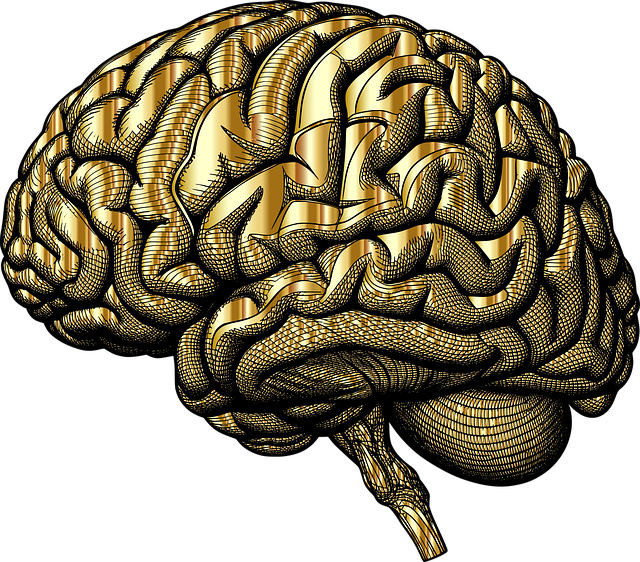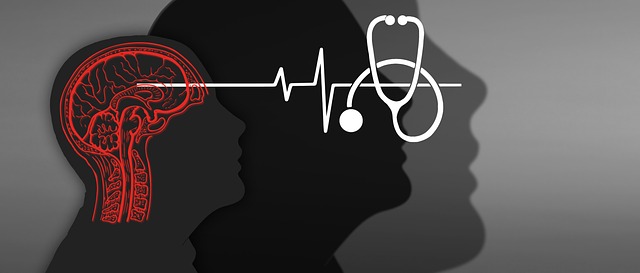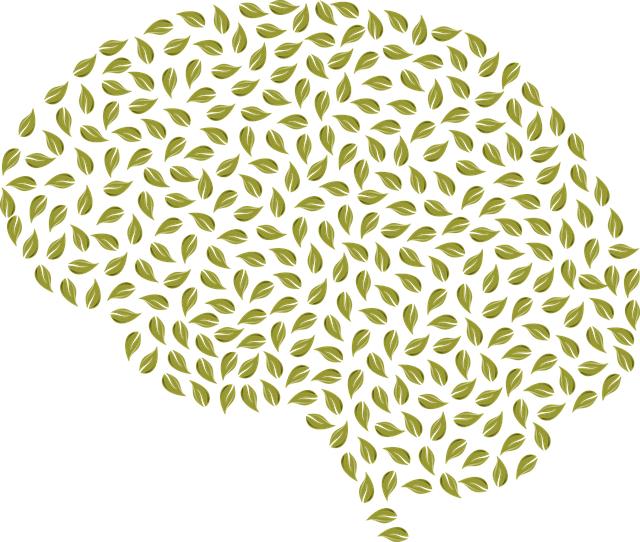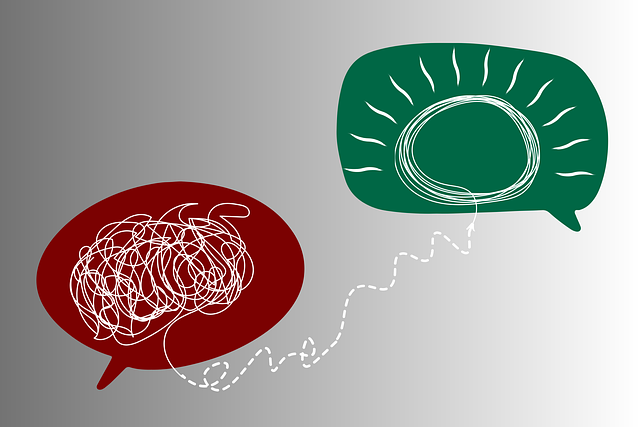Lafayette Couples Counseling Therapy (LCCT) emphasizes mood regulation as a cornerstone of emotional health. It acknowledges the fluid nature of moods and their relationship with personal experiences, stressors, and environmental cues. LCCT incorporates cognitive techniques to identify and challenge automatic negative thoughts, fostering resilience and self-esteem. Mindfulness, relaxation strategies, and evidence-based techniques are used to maintain daily stability and manage stress in a fast-paced world. For mental health professionals, risk management planning involves cultivating inner strength through mindfulness exercises, promoting thriving amidst adversity. LCCT also focuses on building resilient connections between partners through enhanced communication, emotional intelligence, and positive thinking patterns.
Mood regulation is a vital aspect of emotional well-being, encompassing various strategies to navigate life’s ups and downs. In this comprehensive guide, we explore different approaches to managing mood, from cognitive techniques that challenge negative thought patterns to mindfulness practices promoting inner peace. Furthermore, we delve into the role of relationships in mood stabilization, offering insights from Lafayette Couples Counseling Therapy perspectives. Discover practical ways to achieve emotional balance and enhance your overall mental health.
- Understanding Mood Regulation: Unraveling Emotional Balance
- Cognitive Techniques: Shaping Thought Patterns for Better Moods
- Mindfulness and Relaxation Strategies for Daily Stability
- Building Resilient Relationships: Couples Therapy Perspectives
Understanding Mood Regulation: Unraveling Emotional Balance

Mood regulation is a vital aspect of emotional well-being, and understanding how to manage our moods can significantly impact our overall mental health. In the context of Lafayette Couples Counseling Therapy, this concept takes on added importance as it helps individuals and partners navigate their emotional connections and relationships. Unraveling emotional balance involves recognizing that moods are fluid and can be influenced by various factors, such as personal experiences, stressors, and environmental cues.
By adopting effective self-care practices and learning crisis intervention guidance, one can gain the tools to manage and regulate their moods healthily. Stress management workshops and organizations play a crucial role in providing resources and support for individuals seeking to improve their emotional balance. These strategies empower people to face life’s challenges with resilience, ensuring they maintain a sense of equilibrium and overall mental well-being.
Cognitive Techniques: Shaping Thought Patterns for Better Moods

Cognitive Techniques play a pivotal role in shaping thought patterns and, consequently, influencing mood regulation. Through Lafayette Couples Counseling Therapy, individuals learn to identify and challenge negative or distorted thinking that can contribute to low moods. This involves becoming more aware of automatic negative thoughts (ANTs) and replacing them with more balanced, realistic perspectives. By reframing these thoughts, people can reduce emotional distress and foster a positive mindset.
Resilience building is a key aspect of this process, enabling individuals to cope better with stressful situations. Self-esteem improvement is another significant benefit; when people feel more confident in their thoughts and abilities, they are better equipped to navigate challenging emotions. Moreover, these cognitive techniques can serve as burnout prevention strategies for healthcare providers by teaching them to manage stress and maintain emotional balance in high-pressure environments, such as those encountered in the medical field.
Mindfulness and Relaxation Strategies for Daily Stability

In today’s fast-paced world, maintaining emotional balance can feel like navigating a labyrinthine path. Lafayette Couples Counseling Therapy offers powerful tools for achieving daily stability through mindfulness and relaxation strategies. These practices, grounded in evidence-based techniques, help individuals cultivate inner resilience and enhance their ability to manage stress effectively. By incorporating compassion cultivation practices into daily routines, one can foster a sense of calm and reduce the impact of life’s challenges.
Risk Management Planning for Mental Health Professionals is not just about survival; it’s about thriving amidst adversity. Through dedicated mindfulness exercises and relaxation techniques, individuals can develop inner strength that serves as a sanctuary in turbulent times. This proactive approach ensures that even in the midst of chaos, one can find moments of peace, thereby promoting overall well-being.
Building Resilient Relationships: Couples Therapy Perspectives

Building resilient relationships is a cornerstone of Lafayette Couples Counseling Therapy, focusing on enhancing emotional connection and communication between partners. Through this approach, couples learn to navigate conflicts constructively, fostering an environment where both individuals feel heard, understood, and valued. By integrating techniques from cognitive behavioral therapy (CBT) and mindfulness practices, therapists help partners develop emotional intelligence—the ability to recognize and manage one’s own emotions while understanding those of their significant other.
This process involves cultivating positive thinking patterns, promoting active listening, and encouraging open dialogue. Ultimately, Lafayette Couples Counseling Therapy equips couples with the tools needed for effective stress management, ensuring they can confront challenges as a united front. By fostering resilience within their relationships, partners gain a deeper sense of intimacy, strengthening their bond and enhancing overall well-being.
Mood regulation is a multifaceted skill that can significantly enhance overall well-being. By understanding emotional balance and employing various strategies, individuals can navigate life’s challenges with greater resilience. Cognitive techniques empower people to reshape their thought patterns, mindfulness practices foster calmness and stability, and building strong relationships provides a supportive network. For couples seeking guidance, Lafayette Couples Counseling Therapy offers specialized insights, promoting healthier dynamics and improved mood regulation. Integrating these approaches can lead to a more balanced and fulfilling life.














